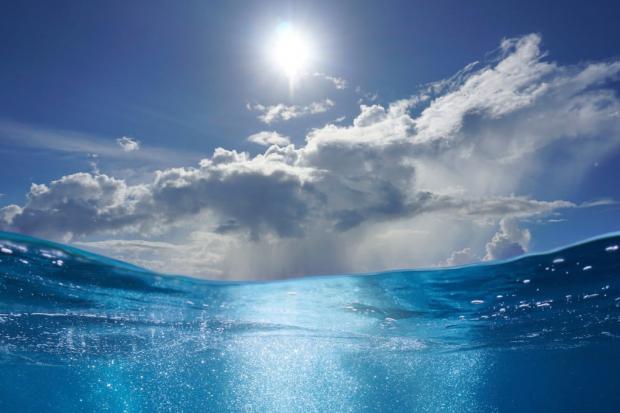
Breaking News
 The Epstein Emails Reveal Shadow 9/11 Commission – Exclusive Report!
The Epstein Emails Reveal Shadow 9/11 Commission – Exclusive Report!
 UPDATE: Reps. Massie & Mace Head to DOJ To View Unredacted Epstein Files
UPDATE: Reps. Massie & Mace Head to DOJ To View Unredacted Epstein Files
 Watch: 'Creepy' Ring Doorbell Camera Super Bowl Commercial Unveils Dragnet-Style Surveillanc
Watch: 'Creepy' Ring Doorbell Camera Super Bowl Commercial Unveils Dragnet-Style Surveillanc
 Moscow Says UK Troops Are Directly Fighting Russia In Ukraine
Moscow Says UK Troops Are Directly Fighting Russia In Ukraine
Top Tech News
 SpaceX Authorized to Increase High Speed Internet Download Speeds 5X Through 2026
SpaceX Authorized to Increase High Speed Internet Download Speeds 5X Through 2026
 Space AI is the Key to the Technological Singularity
Space AI is the Key to the Technological Singularity
 Velocitor X-1 eVTOL could be beating the traffic in just a year
Velocitor X-1 eVTOL could be beating the traffic in just a year
 Starlink smasher? China claims world's best high-powered microwave weapon
Starlink smasher? China claims world's best high-powered microwave weapon
 Wood scraps turn 'useless' desert sand into concrete
Wood scraps turn 'useless' desert sand into concrete
 Let's Do a Detailed Review of Zorin -- Is This Good for Ex-Windows Users?
Let's Do a Detailed Review of Zorin -- Is This Good for Ex-Windows Users?
 The World's First Sodium-Ion Battery EV Is A Winter Range Monster
The World's First Sodium-Ion Battery EV Is A Winter Range Monster
 China's CATL 5C Battery Breakthrough will Make Most Combustion Engine Vehicles OBSOLETE
China's CATL 5C Battery Breakthrough will Make Most Combustion Engine Vehicles OBSOLETE
 Study Shows Vaporizing E-Waste Makes it Easy to Recover Precious Metals at 13-Times Lower Costs
Study Shows Vaporizing E-Waste Makes it Easy to Recover Precious Metals at 13-Times Lower Costs
Billions of People Could Benefit from This Breakthrough in Desalination That Ensures...

A novel approach to making seawater evaporate faster has been hailed as a significant breakthrough in desalination technology that will benefit billions of people worldwide.
Up to 36% of the world's eight billion people currently suffer from severe freshwater shortages for at least four months of the year, and this could potentially increase to 75% by 2050.
Seawater desalination is one of the most effective strategies to alleviate the impending scarcity, but existing processes consume massive amounts of energy, leaving a large carbon footprint.
Other problems plague the production of fresh water from the sea, including the necessity to de-scale membranes used in the reverse-osmosis desalination process with chemicals that are toxic to sea life. Furthermore, once the water is produced, the briny by-product is so overly rich in salt that it has the effect of an ecological contaminant.
Researchers from the University of South Australia (UniSA) have already demonstrated the potential of solar-powered evaporation as an energy-efficient, sustainable alternative to current desalination methods, but they are still limited by a lower evaporation rate for seawater compared to pure water due to the negative effect of salt ions on water evaporation.
UniSA materials science researcher Professor Haolan Xu has now collaborated with researchers from China on a project to develop a simple yet effective strategy to reverse this limitation.
By introducing inexpensive and common clay minerals like zeolite and bentonite into a floating photothermal hydrogel evaporator, the team achieved seawater evaporation rates that were 18.8% higher than pure water. This is a significant breakthrough since previous studies all found seawater evaporation rates were around 8% lower than pure water.

 Smart dust technology...
Smart dust technology...

